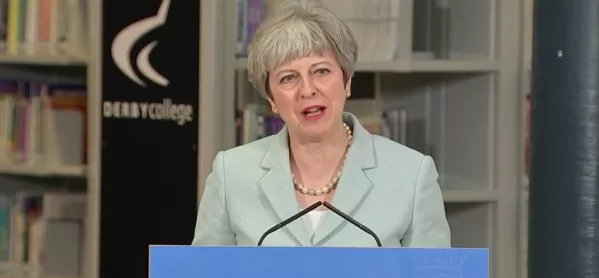In February, the government announced its review of post-18 education and funding. But while some fear it may be focused on the university sector here is all you need to know about what the review actually is and why it is crucial to the FE sector.
What is it?
The review will cover both post-18 education and funding.
It is led by the government, with input from an independent panel chaired by Philip Augar. Bev Robinson, principal of Blackpool and the Fylde College, is also on the panel.
Having gathered evidence, the panel will publish their report at an interim stage and the review will conclude in early 2019.
Will it affect FE?
Yes. Launching the review in February, the prime minister stressed it would consider “the whole post-18 education sector in the round, breaking down false boundaries between further and higher education, so we can create a system which is truly joined up”.
What does it cover?
It is broadly concerned with four areas:
- Choice and competition across a joined-up post-18 education and training sector
- A system that is accessible to all:
- Delivering the skills needed, in other words how to support education outcomes that deliver our Industrial Strategy ambitions
- Value for money for graduates and taxpayers
Could it lead to more HE in FE?
In June, the Times Higher Education (THE) reported a university vice-chancellor had said that the idea of “pushing HE into FE” – where courses could be provided with lower tuition fees than in universities – appeared to be a priority within the government.
One potential driver for this is the teaching excellence framework (TEF), a system that assesses the quality of teaching in higher education. Since its launch last year, 16 colleges have been awarded the top marks for teaching, showing that colleges can provide “gold” courses at lower costs than universities.
Are there any areas which are off limits?
The government has stressed some areas are working well, and should, therefore, be safeguarded. These include:
- Maintaining the principle that students should contribute to the cost of their studies
- Continuing with the reforms in train to build a strong technical and further education sector
- Placing no cap on the number of students who can benefit from post-18 education
- Supporting the role of universities and colleges in delivering the Government's objectives for science, R&D and the Industrial Strategy.





